14 Famous Scientists and Inventors who Experimented with Drugs
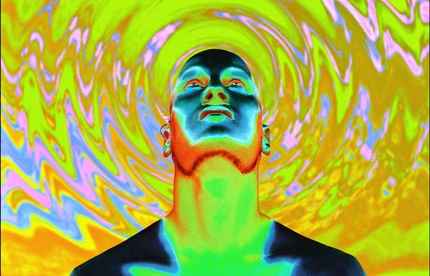
Many famous scientists and inventors of all ages have admitted to taking psychedelic drugs. Some of them have claimed that recreational drugs enhance creativity, inventiveness and intelligence, while others have gone to advocate drug usage. Timothy Leary, the legendary American psychologist, philosopher and scientist, gained notoriety worldwide, during the 1960s and 1970s, for his advocacy of psychedelic drugs.
Today’s article on our Science Blog will talk about well-known scientific visionaries and inventors who experiment with drugs.
Andrew Weil – Morphine
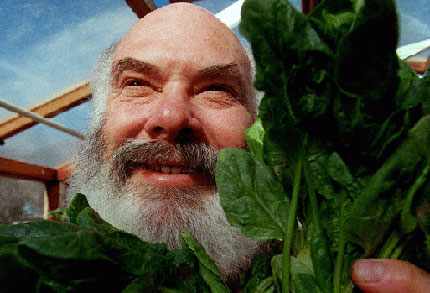
Andrew Weil is widely credited as the founder of “integrative medicine”. Weil is open about his use of chocolate, morphine and other drugs. He also has a psychedelic mushroom, Psilocybe weilii, named after him.
Bill Gates — LSD

This guy isn’t exactly an inventor, but certainly one of the most important entrepreneurs in the personal computer revolution. In an interview with Playboy, Gates has admitted using LSD in his “errant youth”.
Carl Sagan — Marijuana

Probably the most influential astrophysicist and cosmologist in history, Carl Sagan not only smoked but advocated use of marijuana in his 1971 book Marijuana Reconsidered.
Francis Crick — LSD

The legendary molecular biologist Francis Crick had told his Cambridge fellow, Dick Kemp, that he surprisingly had “perceived the double-helix shape while on LSD.”
John C. Lilly — LSD, Ketamine
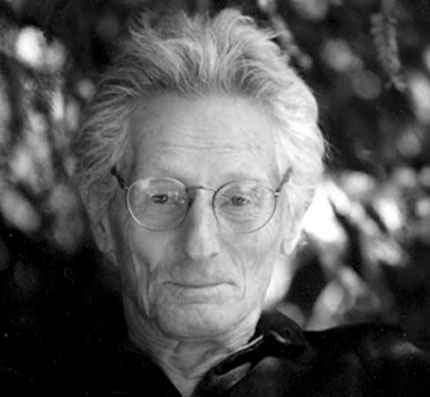
Neurocientist John Cunningham Lilly was the most important figure in the field of electronic brain stimulation. He extensively experimented with LSD and ketamine.
Kary Mullis — LSD

Kary Banks Mullis was an American biochemist who won the 1993 Nobel Prize in Chemistry for making valuable improvements to polymerase chain reaction (PCR) technique. Mullies once told California Monthly that he “took plenty of LSD”.
Paul Erdös — Amphetamines
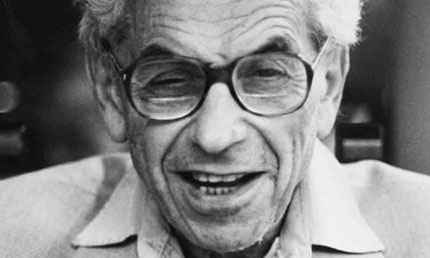
Paul Erdös was a leading Hungarian mathematician and a highly prolific author. Known for his eccentric personality, reportedly wasn’t able to get any mathematical work done for almost a month when he quit taking amphetamine as he’d made a $500 bet with his friend Ronald Graham.
Ralph Abraham – LSD/ Other
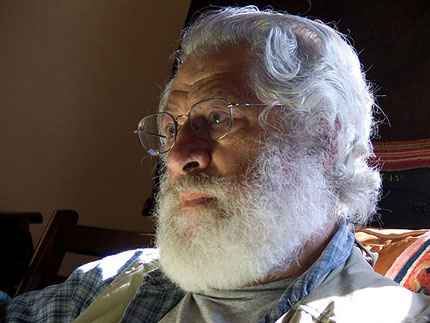
Ralph Abraham is a prominent American mathematician. In an interview with GQ magazine, Abraham discussed how psychedelic insights had helped influence his mathematical theories. He took LSD and other psychedelic drugs.
Richard Feynman — LSD, Marijuana, Ketamine
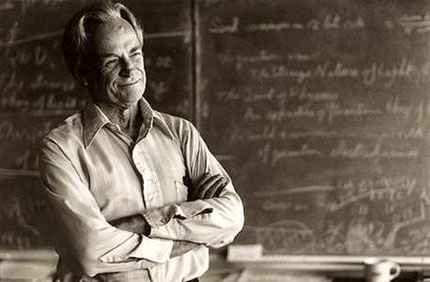
One of the greatest theoretical physicists in history, Richard Feynman briefly
experimented with LSD, marijuana and ketamine.
Sigmund Freud — Cocaine

The great Austrian neurologist and founder of psychoanalysis, Sigmund Freud
described cocaine as a “wonder drug”. He also used marijuana
until his death in 1996.
Stephen Jay Gould – Marijuana

Famous American American paleontologist and evolutionary biologist
Stephen Jay Gould had reportedly been using marijuana since 1982
until his death in 2002.
Steve Jobs — LSD

Steve Jobs, arguably the most revered pioneer in the personal computer revolution,
once stated that experimenting with LSD in the 1960s was “one of the two or three most
important things he had done in his life.”
Thomas Alva Edison — Cocaine Elixers
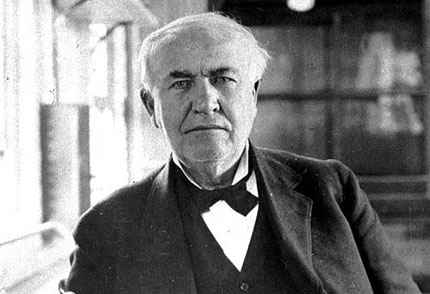
The most famous and prolific inventor in history, Thomas Alva Edison
frequently used “Vin Mariani”, a Bordeaux wine treated with coca leaves invented by
French chemist Angelo Mariani.
Timothy Leary – LSD/ Other

As we have mentioned above, Timothy Leary, remains of the most popular
consumers and advocates of LSD. He also frequently used mushrooms.
Stephen Hawking turns 70
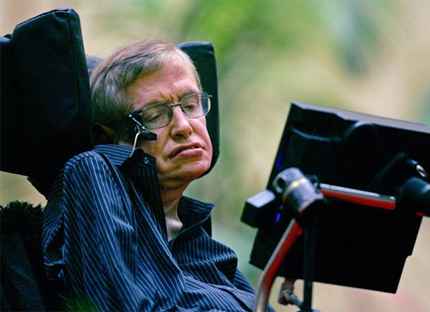
Legendary physicist Stephen Hawking celebrated his 70th birthday at
Cambridge University, England, discussing the nature of the universe
and topics related to supernovae,
black holes and dark matter.
One of the most famous scientists alive today, Hawking is famous for
popularizing the work of theoretical astrophysicists with this best-sellers
A Brief History of Time and The Universe in a Nutshell.
கருத்துகள் இல்லை:
கருத்துரையிடுக